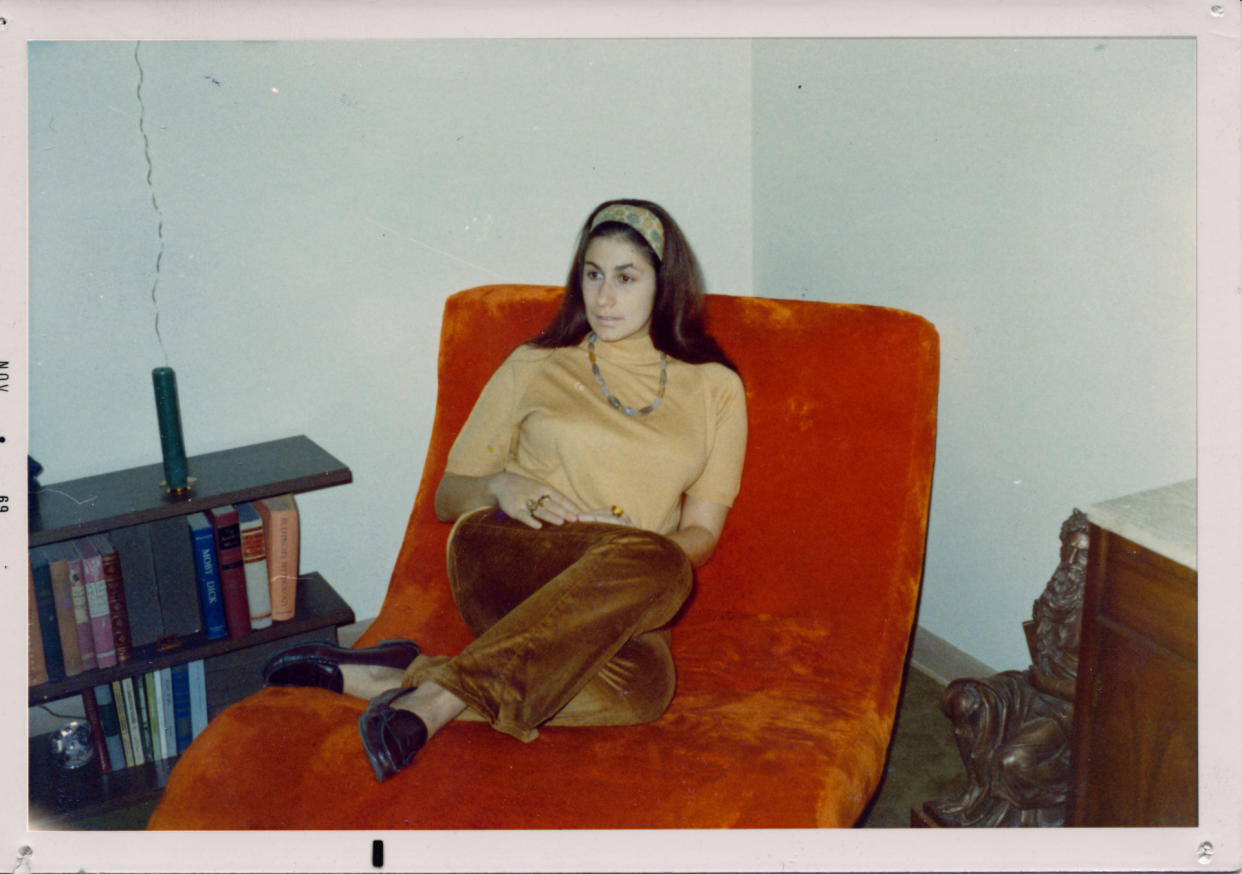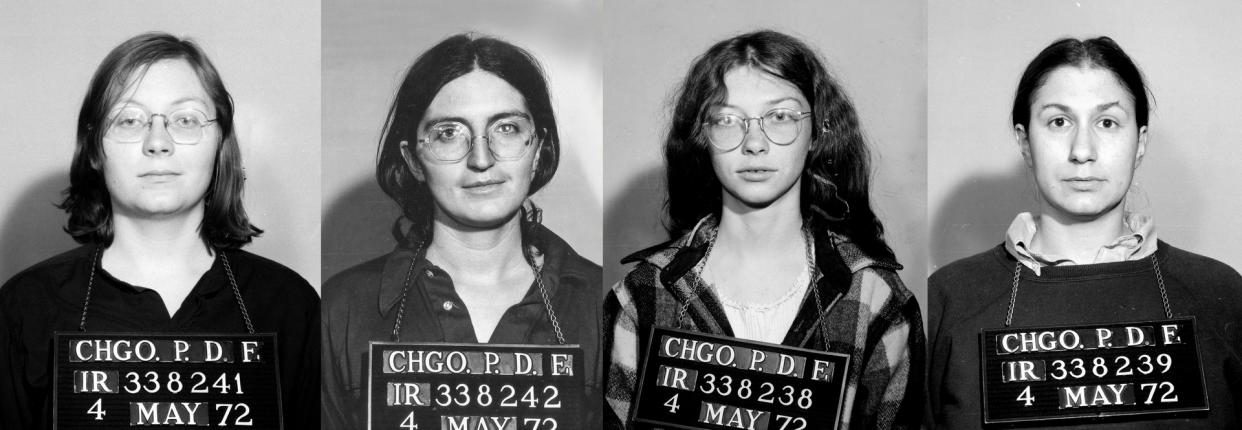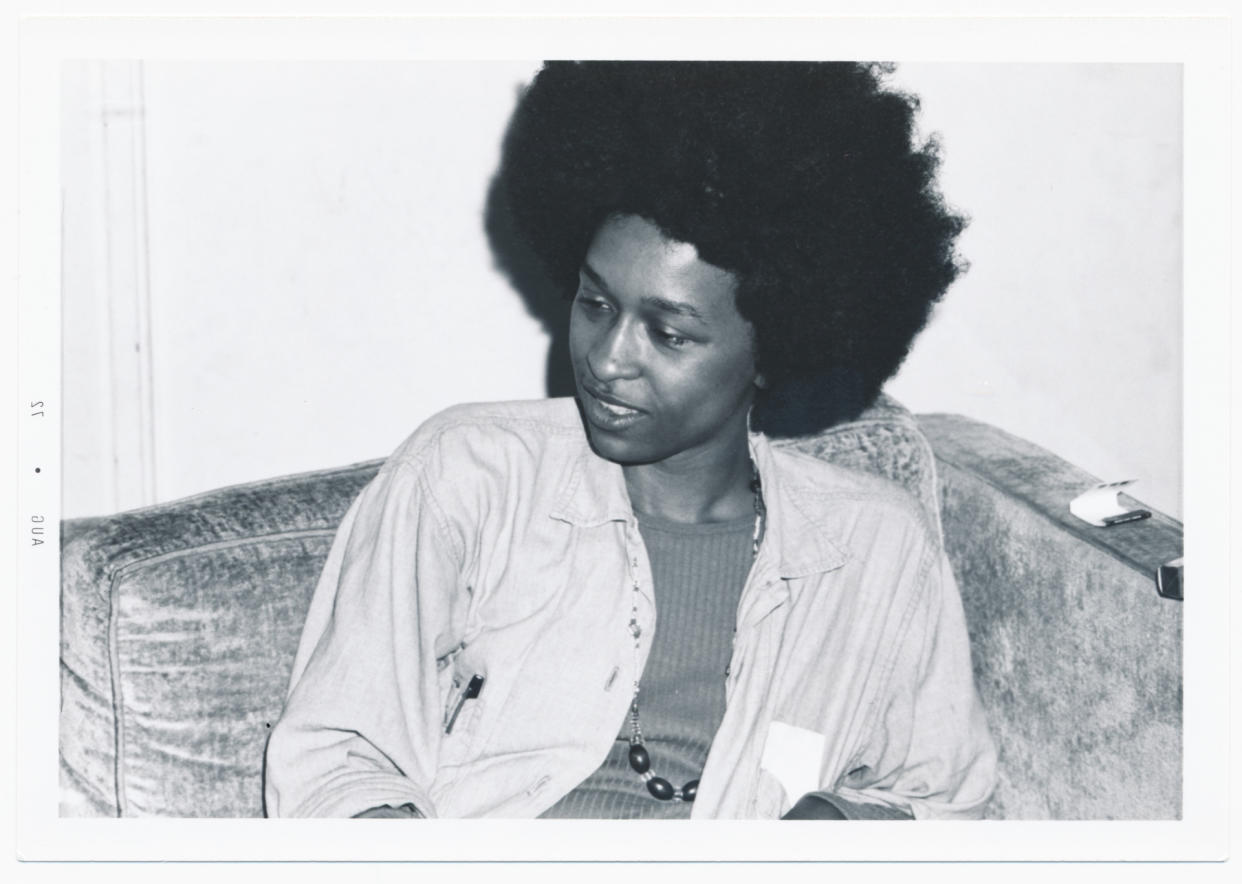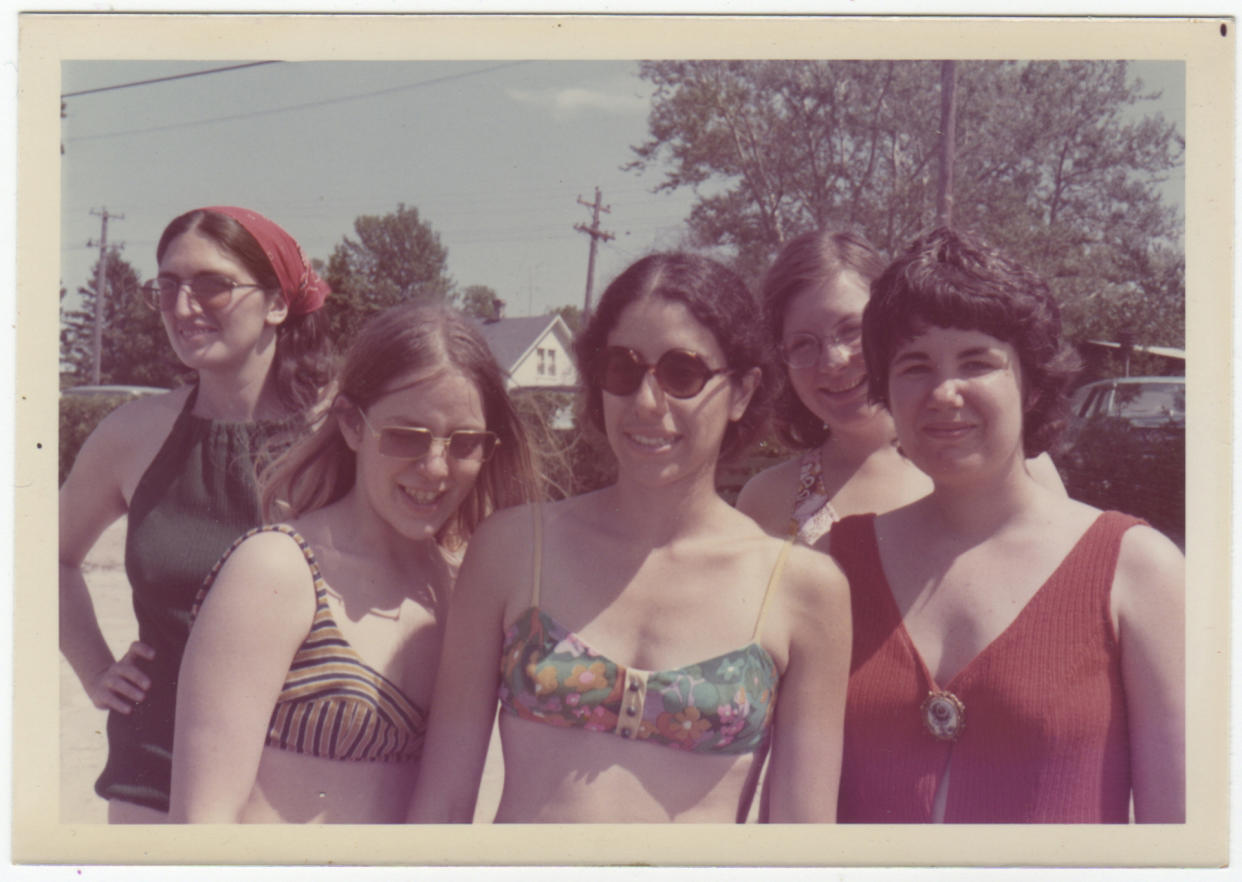New HBO documentary 'The Janes' examines pre-Roe v. Wade underground abortion network
Pregnant women seeking abortions in Chicago had few options before 1973, when the Supreme Court codified the right to have an abortion in Roe v. Wade.
Abortion had been illegal in Illinois since the early 19th century, and few doctors were willing to defy the law. Some women tried to self-induce abortions using objects or chemicals, which often led to infection and sometimes death. Others turned to Chicago’s organized crime syndicate, but its services were expensive and often unsafe.
Beginning in the late 1960s, signs hung up around the city and advertisements in underground newspapers offered a vague alternative: “Pregnant? Don’t want to be? Call Jane.”

The ads were the work of an underground abortion network started by University of Chicago student Heather Booth that helped an estimated 11,000 Chicago women obtain safe and affordable abortions before Roe v. Wade was handed down.
That feminist history is the subject of “The Janes,” an HBO documentary set to premiere on the network and begin streaming on HBO Max at 9 p.m. ET Wednesday, featuring the voices of more than a dozen former members of the group, informally known as Jane, who recount their experiences helping women get access to abortions when they were illegal.
“We knew that some would be injured, some would die,” former member Judith Arcana says in the film. “Many people around them, including children that they already had, would suffer. So we thought, ‘We can be of use.’”
Arcana, now in her 70s, and other members, who were college age to middle age, were known as “Jane,” a code name used to avoid being caught. They drove women to and from appointments, explained how the process would unfold and babysat their children while they underwent the procedure. Some eventually began performing abortions themselves after the older male doctor they previously relied on, who used the code name “Dr. Kaplan,” stopped doing them under pressure from organized crime.

The Jane group evaded law enforcement until seven “Janes” were arrested in 1972. Charges were dropped after Roe v. Wade was decided the following year.
Many former members told their stories publicly for the first time in “The Janes,” which premiered this year at the Sundance Film Festival. Although some initially hesitated to appear on camera, “all of them understood that these rights were slipping away and that these stories were relevant,” said Tia Lessin, who co-directed the film with Emma Pildes.
“Many of them hadn’t even told the stories to their families or their friends, so this was a big move for them,” Lessin said.
Arcana was married to Pildes’ father, Michael, so she was familiar with the history of Jane, Pildes said.
After a Supreme Court draft opinion was leaked last month indicating that the justices are likely to overturn Roe v. Wade, “it felt like the time for us to come together to give women a platform to talk about what it looks like when abortion is criminalized,” Pildes said.

Interviews with former members and with women who sought their services are interwoven in the documentary with archival footage from septic abortion wards in Chicago hospitals, where women who had illegal abortions or tried to induce their own often wound up with infections and sometimes took their last breaths alone.
In the ward at the former Cook County Hospital in Chicago, now John H. Stroger, Jr. Hospital of Cook County, death “was a common occurrence,” according to a 2019 BuzzFeed essay written by Allan Weiland, who worked in the ward as a medical student and appears in “The Janes.”
In 1963, 280 deaths were recorded in the U.S. from induced abortions, and in 1965, they dropped to 235, according to Pew Research, which indicated that the numbers fell to single digits or zero every year after Roe v. Wade was decided.
No women whom Jane served are known to have died from their abortions.
The film points out that Black women and Latinas suffered the most from the criminalization of abortion in Chicago and nationally because they often could not afford to travel abroad or to other states that legalized abortions beginning in 1970. Jane filled the vacuum. While most of the “Janes” were white, middle-class women, most of those they served were low-income Latinas and Black women.

Lessin said the group treated women with care and concern leading up to and during their appointments and stayed in contact with them after their procedures, in contrast to many back-alley male doctors, the worst of whom performed abortions while drunk and sometimes sexually assaulted their patients.
Members “were able to set up a much more compassionate setting that was respectful to women,” she said. “They felt compelled to do this even as they understood their own limitations.”
The limitations included performing abortions with no formal medical training. But doing so “gave them a real understanding of what they were capable of at a time when a lot of women were told they weren’t capable of much,” Pildes said.
As the day nears that the Supreme Court might overturn Roe v. Wade, the directors said they hoped viewers would draw inspiration from the former “Janes.”
“You can always mobilize to help one another, you can organize, and ultimately that’s what matters most,” Pildes said.
